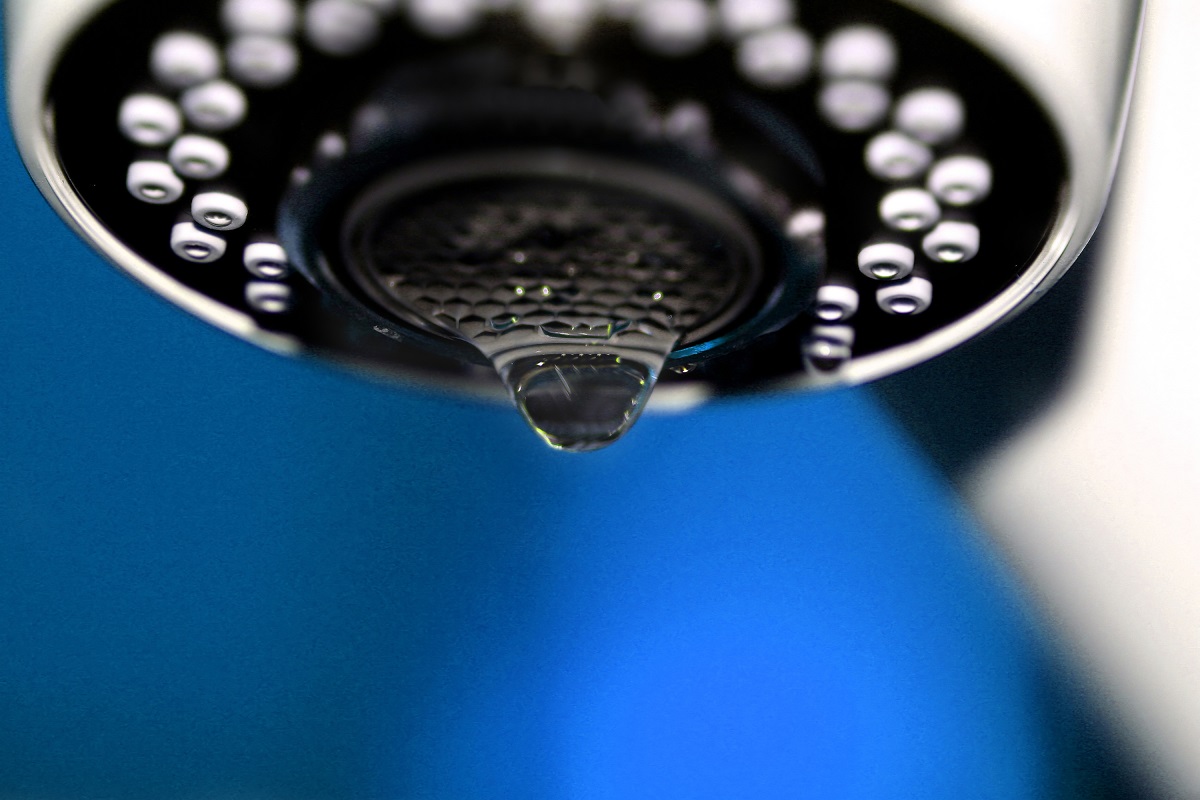Water bills are a common aspect of homeownership, providing a steady stream of essential resources to households in Hamilton. However, there are instances when residents may find themselves scratching their heads over a sudden and significant increase in their water bills. In this comprehensive guide, we will delve deeper into the various factors that could contribute to an unusually high water bill in Hamilton, empowering you to identify potential issues and take corrective measures to ensure that your water bills align with your actual consumption.
Understanding Water Consumption Patterns:
As a starting point, it’s crucial to have a clear understanding of your normal water consumption patterns. Changes in daily routines, an increase in household size, or alterations to your lifestyle can impact water usage.
By establishing a baseline, you can better identify whether the increase is a result of genuine changes in consumption.
Check for Leaks:
Leaks, both visible and hidden, are a common culprit behind inflated water bills. Conduct a thorough examination of your property for any visible leaks, such as dripping faucets or wet spots.
For hidden leaks, enlist the services of a professional plumber who can perform a comprehensive inspection, utilizing advanced tools to detect leaks within walls or underground.
Meter Accuracy:
The accuracy of your water meter is paramount in determining your actual water consumption. Aging or malfunctioning meters may provide inaccurate readings, leading to overbilling.
Contact your water utility company to request a meter inspection or replacement if you suspect any issues with its accuracy.
Seasonal Variations:
Seasonal changes can have a significant impact on water usage. During the warmer months, outdoor activities like lawn watering and pool filling may contribute to a spike in consumption.
Evaluate your water bills in relation to seasonal variations, allowing you to distinguish between normal fluctuations and potential issues.
Appliance Efficiency:
Older appliances, including washing machines and dishwashers, can become less efficient over time.
Upgrading to newer, more water-efficient models not only contributes to environmental conservation but can also result in long-term cost savings by reducing water consumption.
Check for Running Toilets:
Running toilets are a silent culprit that can waste a substantial amount of water. Conduct a simple dye test by placing food coloring in the toilet tank, and if color appears in the bowl without flushing, it indicates a leak.
Promptly addressing running toilets can prevent unnecessary water loss and reduce your bill.
Review Billing Statements:
Take a close look at your water bill statements to understand the breakdown of charges. Check for unexpected fees or discrepancies in the billing details.
Understanding the components of your bill can provide valuable insights into the reasons behind the increase.
Outdoor Irrigation Systems:
If your property has an automated outdoor irrigation system, ensure it is programmed efficiently.
Leaks or overuse in these systems, especially if left unattended, can contribute significantly to a higher water bill. Regularly inspect and maintain your irrigation system to avoid wastage.
FAQs:
Q1: Why is my water bill suddenly higher?
A sudden increase in your water bill could be due to factors such as leaks, changes in household habits, or appliance inefficiencies. Identifying the specific cause is crucial for effective resolution.
Q2: How can I check for leaks in my home?
Look for visible leaks, conduct a meter test, and hire a professional plumber for a thorough inspection. Early detection and repair of leaks can prevent further water wastage.
Q3: What steps can I take to reduce water consumption?
Upgrade to water-efficient appliances, fix leaks promptly, and be mindful of water usage in daily activities. Simple changes in habits, such as turning off taps when not in use, can contribute to significant water savings.
Q4: Is it common for water meters to be inaccurate?
While uncommon, meter inaccuracies can occur. Periodic checks or replacements, along with communication with your utility company, can help ensure accurate billing.
Q5: Should I contact my water utility company about a high bill?
Yes, reaching out to your utility company is essential. They can provide insights into your bill, address any concerns or discrepancies, and guide you on potential solutions.
Conclusion:
In conclusion, an unexpectedly high water bill in Hamilton warrants a systematic investigation into various contributing factors. By assessing water consumption patterns, checking for leaks, ensuring meter accuracy, and addressing appliance efficiency, homeowners can pinpoint and rectify issues leading to a surge in their bills. Regular maintenance, water-conscious habits, and timely interventions are key to ensuring that water bills remain within reasonable bounds, promoting both financial savings and sustainable water usage practices.

A group of home improvement enthusiasts and bathroom design experts, combines in-depth knowledge and a shared passion to deliver engaging, informative content that guides readers through the world of bathroom innovation and style.

Leave a Reply